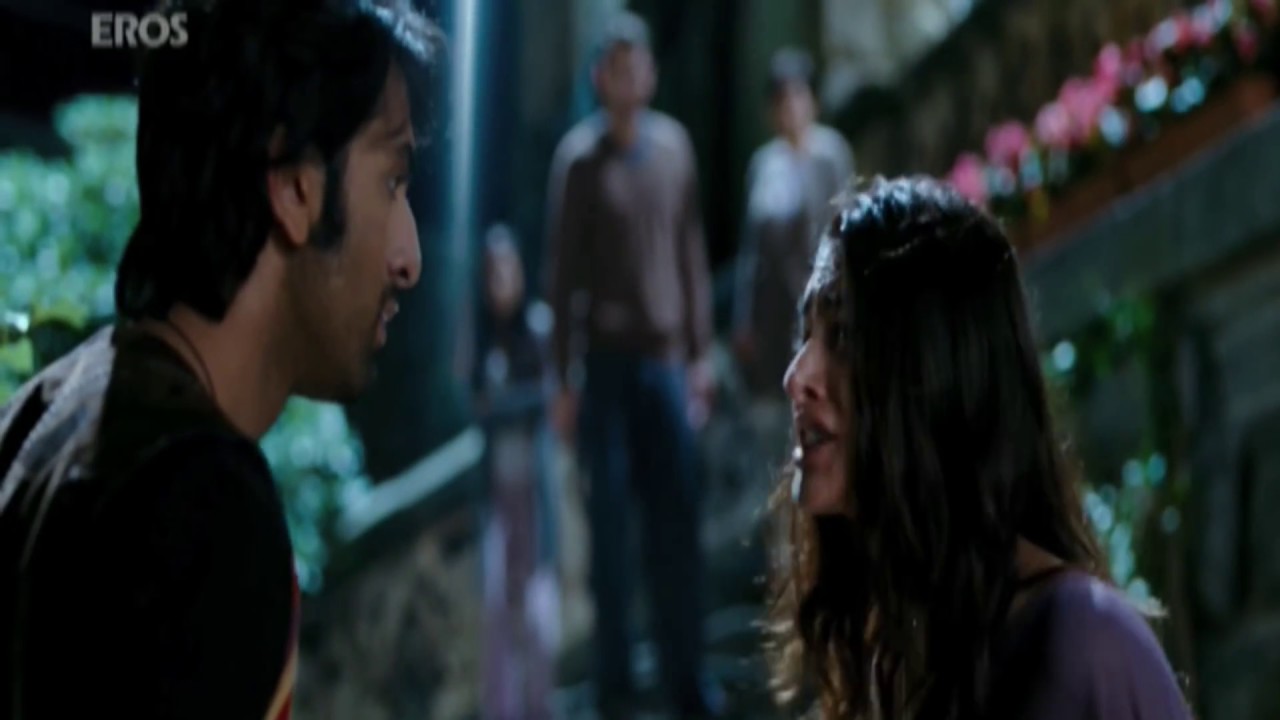 Amar Prem was the perfect tale of love and loss
Amar Prem was the perfect tale of love and loss
He’s drunk enough to tell the ghora gaadi wala to take him anywhere, but he’s not drunk enough to realise that he’s brought him to a brothel. He wants to leave immediately but stops when he hears a woman singing. He follows her voice and lands up in her chamber. When he sees her, he finds solace. He tells her, “Tumne toh is kamre ko mandir bana diya…tumhare is gale ka dard kisi ka bhi dard mita sakta hai.” When he learns her name is Pushpa, he says, “Tumhara naam Pushpa hai? Mira hona chahiye tha.” Thus begins Anand Babu and Pushpa’s amar prem.
Shakti Samanta’s classic tale of selfless love is a remake of Bengali film Nishipadma (1970), directed by Arabinda Mukherjee and starring Uttam Kumar and Sabitri Chatterjee. Nishipadma owed its genesis to Bibhutibushan Bandopadhyay’s short story Hinger Kochuri, which is about a schoolboy who befriends a prostitute. Samanta asked Mukherjee to write the Hindi version of the film, and went to his favourite actress Sharmila Tagore. Amar Prem was one of the first films that Tagore signed after the birth of Saif Ali Khan. She recalls, “With Shakti, it was like ghar ki baat. He was my mother’s friend and always kept a paternal eye on me. When I was offered this film, I immediately agreed since it was a very strong role in the iconic mould of Mother India. Maybe today’s generation will find it to be full of suffering but I think its selfless quality and the unfulfilled romance touched people’s hearts.”
Pushpa and Anand Babu share an unspoken bond in which words are not always necessary. He understands her pain, she understands his. Amar Prem is also about Pushpa’s love for a small boy from her village, Nandu (his grown-up part played by Vinod Mehra), who is ill-treated by his stepmother (Bindu). Even as the world outside is tough, Pushpa creates her own world with Anand Babu and Nandu Babu, where she is the wife and the mother. A telling dialogue in the film summarises it all: “Koi agar apna na hoke bhi bahut apna ho, toh ise kya kehte hain? Bahut pyara rishta, na?”
Attired in white dhoti kurta with a smile and quip on his lips, a sad song in his heart and pain in his eyes, Rajesh Khanna makes for the perfect Anand Babu, a man trapped in a bad marriage. Incidentally, Khanna was not the first choice for the role. Samanta had tipped off Raaj Kumar about it first. “When Kaka (Khanna) got to know about this, he was upset and asked Shakti how he could not consider him for the part. Shakti felt that Kaka wouldn’t agree since this was essentially a woman’s story and he had become a huge star after Aradhana. But Kaka said that only he will do this role and he did it so well that each dialogue became a hit,” says Tagore. It is believed that Khanna saw Nishipadma some 24 times to get into the skin of the character. Khanna changed the character’s name from Ananta to Anand as a reminder of his memorable turn in Hrishikesh Mukherjee’s film Anand. The famous “I hate tears” dialogue is repeated five times in the movie but each time Khanna makes it sound different. Today, with repeated parodies, the dialogue sounds schmaltzy but when Anand Babu says it to Pushpa, it is very effective.
Amar Prem is as much about its story, its actors and its wistful dialogues as it is about its music. Samanta mentioned in an interview, “Pancham would go into his room and work from 9 am till 9 pm for Amar Prem.” No wonder the film’s music is a soundtrack for life. Kishore Kumar sang it like only he could and Bakshi’s words capture the pain of everyday living as an artist captures blood on a stained glass painting. Chingari koi bhadke is sheer poetry about love and loss, Yeh kya hua seems to mock pain while Kuch toh log kahenge philosophises about love, morality and happiness. Kishore counted Chingari as his favourite, Tagore counts Kuch toh log as hers.
I will always be a Chingari fan. Maybe it’s something to do with the way Samanta filmed the song in a boat on the river under the Howrah Bridge with a man narrating his pain to a woman. Incidentally, this song, like the entire film, was shot at Mumbai’s Natraj Studios. Tagore says with a laugh, “That’s why they say you should never tell how you shot the film, the romance and mystique dies away. We shot this song in the studio in stagnant water, which had a horrible smell. We had to be knee-deep in dirty water and look romantically in each other’s eyes when that was the last thing we were feeling. I would be constantly chewing gum, somebody would be putting fragrant oil to take the stench away. It was horrible but on screen it looks like poetry. That’s the magic of cinema.”
Tags: Amar Prem Anand Bakshi Kishore Kumar R.D. Burman Rajesh Khanna Shakti Samanta Sharmila Tagore







Beautifull Written.!!
Got to see it ASAP.